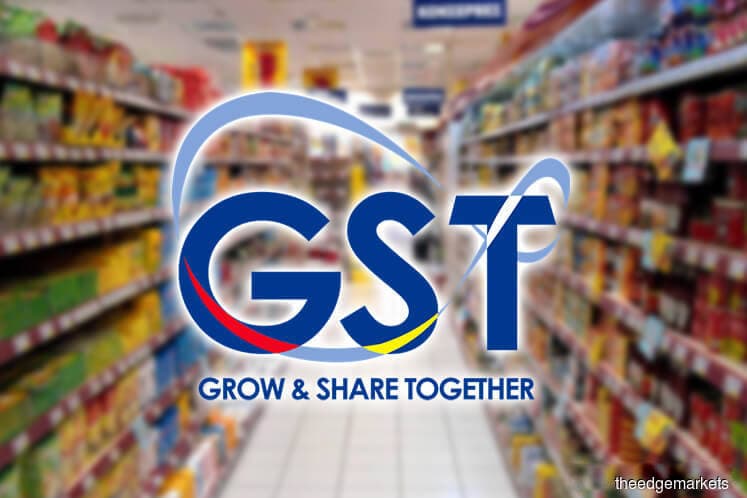
This article first appeared in The Edge Financial Daily on May 23, 2018
KUALA LUMPUR: Malaysia’s removal of the goods and services tax (GST) is credit negative, Moody’s Investors Service said, as it increases the government’s reliance on oil-related revenue and narrows the tax base, straining fiscal strength. Moody's credit rating for Malaysia was last set at A3 with a stable outlook.
The global rating agency estimates the revenue loss from the voiding of the GST at 1.9% of gross domestic product (GDP) this year.
“In 2017, GST revenue was RM44.3 billion or 3.3% of GDP. Unless the government introduces other offsetting measures at least over the next one to two years, the GST’s removal will have a net negative effect on government revenue, even accounting for some budgetary cushion from higher oil prices," said Moody's vice-president and senior analyst Anushka Shah in a report yesterday.
But if the sales and services tax (SST), which yielded revenue of around 1.6% of GDP before the GST replaced it, takes effect in July, Anushka estimates the revenue loss would narrow to 1% of GDP for 2018.
Moody’s said the revenue loss could be further brought down to 0.6% of GDP if brent crude oil moves above the price assumption of US$52 (RM206.44) per barrel in the government’s Budget 2018, to an average US$70 per barrel this year.
"Beyond 2018, the reintroduction of the SST will create a revenue shortfall of 1.7% of GDP if the GST remains at zero. The ministry of finance said it will announce specific measures that will cushion the shortfall.
"According to the government, the rationale for eliminating the GST is that it will ultimately boost private consumption and economic growth, adding to the tax coffers through improvements in corporate and motor vehicle taxes, and excise and import duties. We do not include these effects in our assumptions because we do not expect a sizeable multiplier effect," said Anushka.
However, the Malaysian Rating Corp Bhd (MARC) expects the impact of the GST removal to be neutral on private consumption in 2018.
"While it will uplift consumer sentiment in the short term, the actual consumer spending trend would depend on the impact of the GST removal on general prices. We foresee 'price stickiness' to be a major challenge for policymakers as businesses may, for example, be reluctant to reduce prices due to profiteering and a general belief that most businesses will not reduce prices,” the local rating agency said in a separate report on "Post-GST removal: risk prospects ahead" released yesterday.
"As such, alternative mechanisms may be needed to handle the issue of price stickiness post-GST removal, if a decrease in prices is the objective of the authorities," it added.
MARC noted the main concern from a sovereign rating perspective is the shortfall in federal government revenue after the abolition of the GST, which accounted for roughly 20% of the total federal government revenue in 2017.
Last Wednesday, the Malaysian government announced that all goods and services subject to the GST will be zero-rated.
"It is notable that the revenue from the GST averaged about RM43 billion per year between 2016 and 2017, about RM26 billion more than the average amount collected under the SST between 2013 and 2014," said MARC.
MARC opined that the gap between the amount of SST to be collected in the near future and the abolished GST would not be as large as generally expected due to a larger number of taxpayers after the latter was introduced in 2015.
"Short-term measures that the government will likely introduce to fill the revenue gap include reducing leakages and reprioritising projects when utilising its operating expenditure.
"Higher commodity prices, particularly from oil and oil-related products, would also provide extra revenue to government coffers," it said.